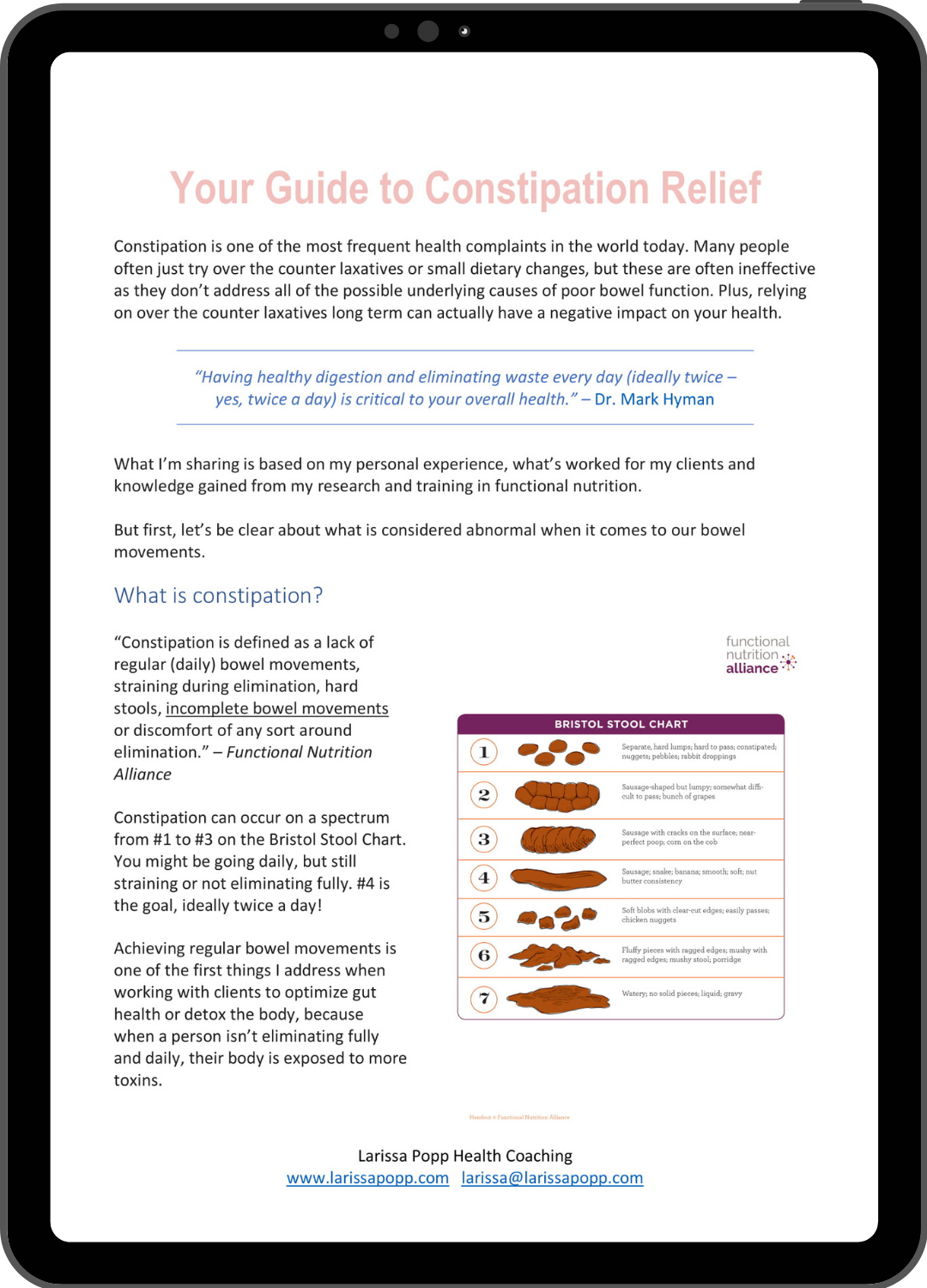
The Ideal Diet for Optimal Health and Disease Prevention
This past week I’ve been listening to interviews with some of the world’s most respected food and nutrition experts as part of the Food Revolution Summit.
I’ve been taking lots of notes and want to share what some of the experts had to say about the ideal diet for health, longevity, energy and vitality.
All the experts agreed, based on overwhelming evidence from numerous sound research studies, that a diet high in animal protein (ie meat, dairy, eggs) and refined carbs (ie white bread, white rice, white sugar) has been shown to promote disease.
So what diet do these experts follow and recommend for optimal health?
→ A whole foods, non-GMO (organic when possible) plant-based (or, plant-strong) diet.
- Incorporating fermented foods to help replenish good gut bacteria. And it’s recommended to consume a wide array of fermented foods such as kimchi, kombucha, sauerkraut, yogurt, and kefir (which can be from dairy or plant sources).
- Eating a wide variety of whole plant foods. When you do this you don’t need to worry about protein. If you’re eating a variety of whole foods and enough calories to maintain your weight, you’ll get plenty of protein. Where do you think big animals such as elephants and cows get their protein from?? → plants!
One of the experts cited a study conducted by the Harvard School of Public Health, which found that people who ate a diet rich in vegetables, fruits, seeds, legumes, and other plant foods, as part of a healthy lifestyle, lived an average of 12-14 years longer than those who didn’t.
Below are a few other key takeaways from just a few of the experts interviewed.
Neal Barnard, MD:
When asked: “What’s the best diet for brain health and to prevent brain degenerative diseases such as alzheimer’s and retain cognitive function?”
He answered:
- Eat for color (eat a variety of colorful plant foods)
- Eat vitamin E rich foods (such as nuts and seeds) — e.g. He says almonds or walnuts are great, but don’t eat them whole to avoid overeating; instead, take an ounce (palm of your hand), crumble or shop them, and put them on a salad.
- Avoid junk foods and high saturated foods
- Eat organic soy. (Women who consume the most soy products, like tofu or soy milk, are about 30% less likely to develop breast cancer than women who avoid soy.)
- Don’t take supplements containing iron or copper unless your doctor prescribes them.
- Exercise
- Go to bed by 10pm to give your brain a rest, your brain has to heal, just like the rest of your body and going to sleep allows your brain to do that.
When asked: “What’s the best diet to stay looking good (to have good skin complexion and overall vitality)?”
He answered: Eat a whole foods plant-strong diet
People not only feel better but they also look better when they switch to a whole foods plant based diet. They will be trimmer, but skin will also look more radiant and youthful.
Dr. Barnard also talked about how fiber is so critical. We need to be more concerned about whether we’re getting enough fiber, rather than just focused on protein. And where do you get fiber from? –> from a whole foods plant-strong diet. Animal products contain zero fiber.
Dr. Joel Fuhrman, MD:
Dr. Fuhrman stressed how important it is to eat more greens. Research shows that greens have the strongest protection against premature death and against all major chronic diseases. To enjoy an abundance of greens, Dr. Fuhrman suggests eating a big salad every day, with nuts or seeds which help you absorb more of the anticancer phytochemicals.
He cited one study which found that one serving a day of nuts and seeds decreased all-cause mortality by about 30% and cardiovascular mortality by 40%.
Dr. Kristi Funk, MD (breast cancer expert):
As part of a whole foods plant-based diet, Dr. Funk recommends to eat soy regularly to reduce our risk of breast cancer.
She shared that since 2009, studies have confirmed that soy is safe and beneficial to consume. Just one and a half servings a week will decrease breast cancer risk by about 60%.
Just be sure to choose organic soy to avoid GMOs and consume more of fermented soy products like tempeh, miso, tamari, and natto over processed soy foods. However, soy milk and tofu are still beneficial but should not be your main source of soy, and you should avoid the highly processed soy products like soy “meats.”


